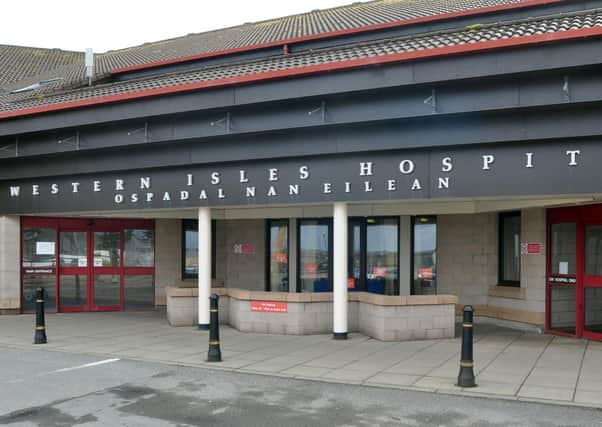A loss of tourist income is hitting NHS Western Isles budgets hard.


A report to last week’s meeting of the NHS Western Isles Board, heard that its projected budget for ‘unplanned activity’ for the year was showing a projected overspend of £312k due to the loss of tourist treatment income.
The meeting was told by local NHS finance staff that it is “hoped” that some of the lost income will be recouped as restrictions ease and visitors return to the islands.
Advertisement
Hide AdAdvertisement
Hide AdThe finance report to the Board also confirmed that NHS Western isles has received £6.5m in Covid-19 funding from the Scottish Government for costs incurred over the last year. But the pandemic has caused some additional cost pressures within its budgets.
To reduce the requirement of patient monitoring, the NHS locally switched prescribing, where appropriate, of the commonly used blood-thinning drug Warfarin to a new drug, Apixaban.
The switch cost £120k but, the board heard, that while patients taking Warfarin usually require 12-14 monitoring appointments per year, those taking the new drug typically require only a single monitoring appointment, reducing the requirement for face-to-face meetings during the pandemic, and freeing-up staff time for other services.
While some funding for the extra costs of the switch has been received as part of the Covid-19 financial support from the government, NHS Western Isles has had to buy two doses of the antidote to Apixaban, costing more than £56k.
Advertisement
Hide AdAdvertisement
Hide AdThe board was told that the antidote given in the case of an overdose of Warfarin is vitamin K, ‘which costs pence’. But, the risk of over-dose of the new drug is reduced in comparison to that of Warfarin as the new drug is given in a fixed and not variable dose.
The Board also heard that considerable savings had occurred in the budget for patient travel with patients unable to make mainland appointments during the pandemic, and through the increased use of the Near Me video consultation system.
Similar savings have also been recorded in staff travel budgets, and the Board heard that such savings for both patient and staff travel could be secured in the longer-term due to the continued use of video conference links for consultations and meetings where suitable.